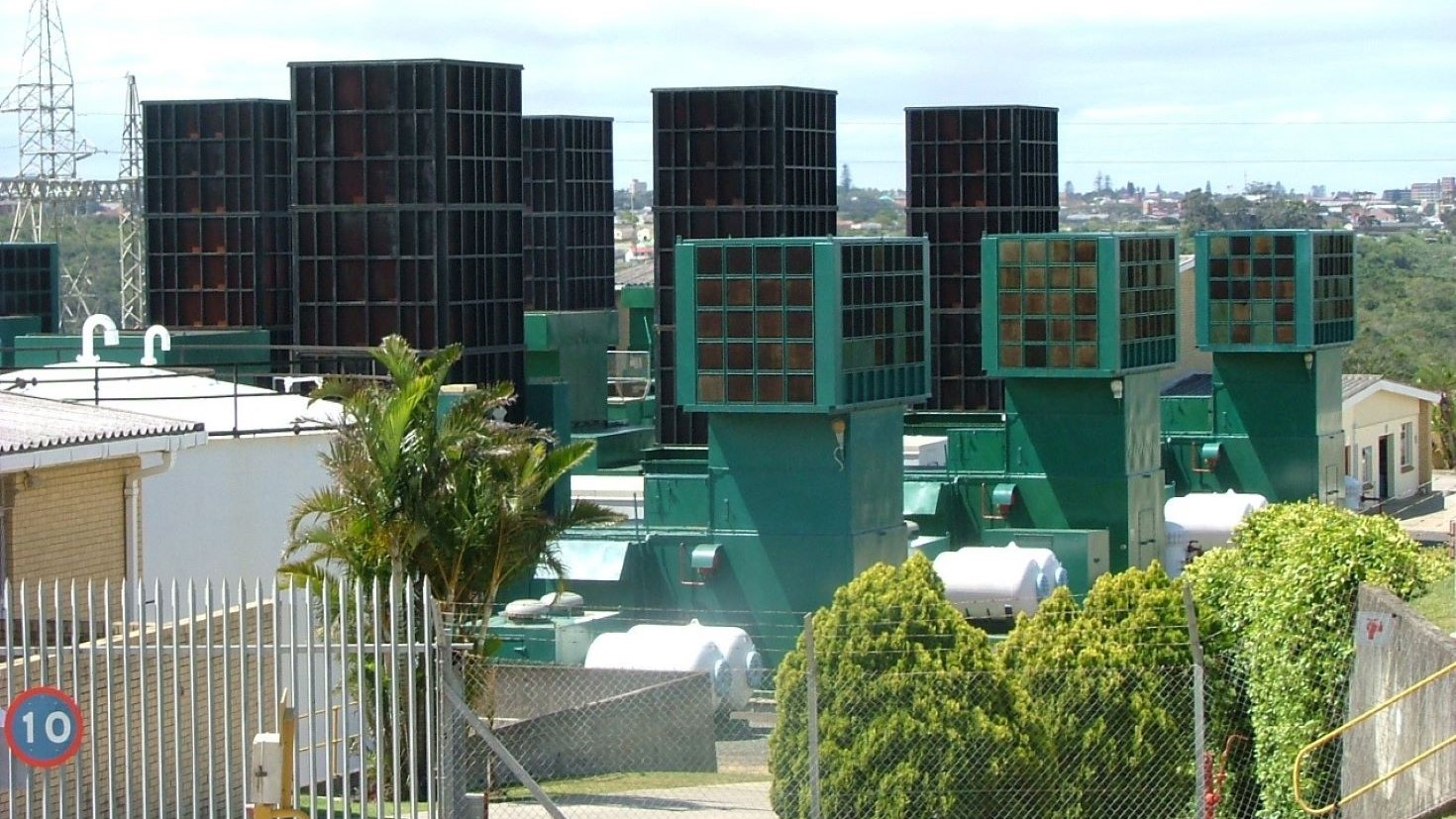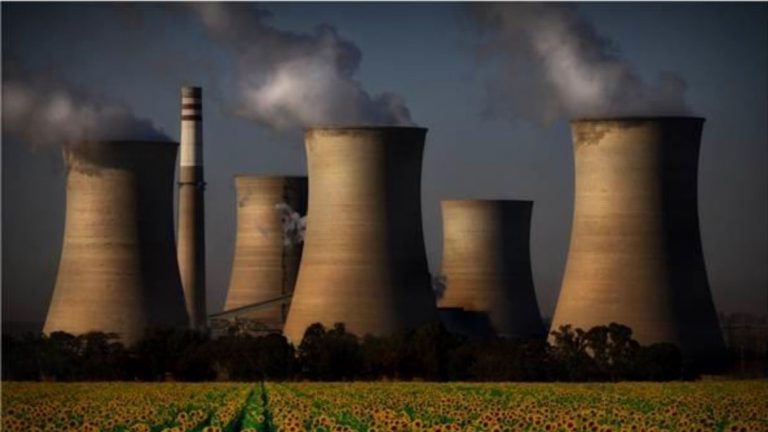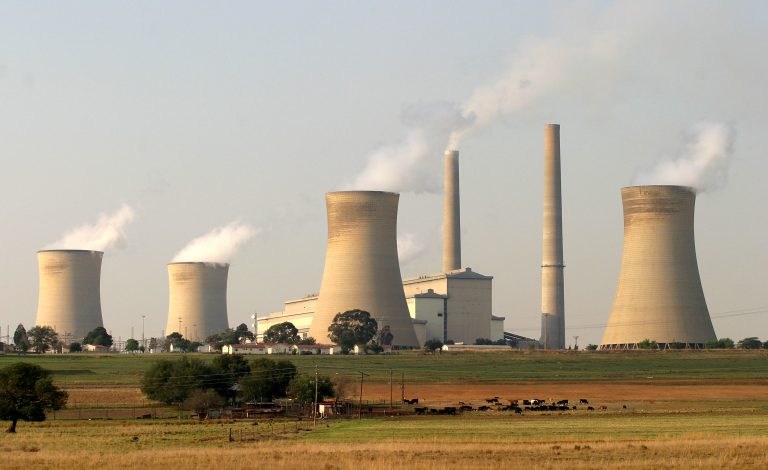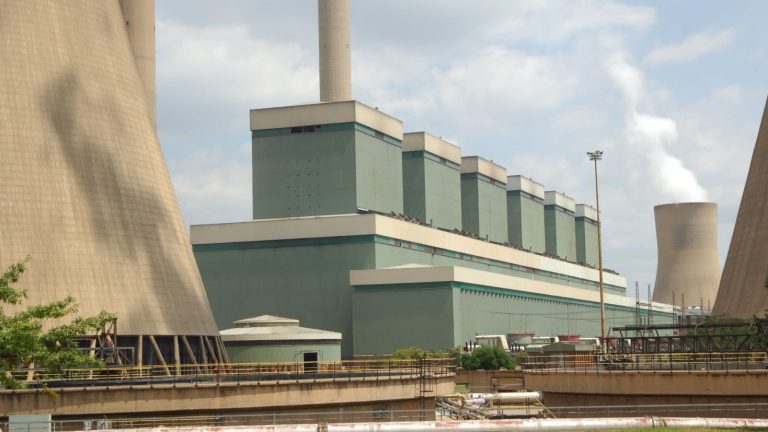Power system remains stable but constrained; approximately 2 900MW to return ahead of Monday evening peak
Friday, 30 May 2025: The power system is stable and continues to demonstrate resilience. System constraints remain and adequate emergency reserves are in place and strategically deployed to support demand during the morning and evening peak winter periods.
Kusile Unit 1 is officially back online today, following its successful reconnection to the repaired flue gas desulphurisation (FGD) system and permanent stack, which had been out of service since 31 March 2025. Once ramped up to full capacity, this unit will contribute 800MW back to the national grid and further improve the Energy Availability Factor (EAF).
Once Unit 1 reaches full capacity, the station will deliver its total combined output of 4 800MW to the national grid.
A total of 2 930MW of generation capacity is expected to be returned to service ahead of the evening peak on Monday, 2 June 2025, to further stabilise the grid.
The Unplanned Capacity Loss Factor (UCLF), which measures the capacity lost due to unplanned outages, stands at 28.60% for the financial year to date (1 April to 29 May 2025). This represents a slight increase of ~0.2% compared to 28.43% recorded over the same period last year. The marginal increase is primarily due to delays in returning units from planned maintenance.
For the financial year-to-date, planned maintenance has averaged 6 197MW, representing 13.25% of total generation capacity. This reflects a decrease from the previous week, but a 2.6% increase compared to the same period last year. For the current week (23 to 29 May 2025), planned maintenance is averaging 4 883MW, which is slightly above the typical winter maintenance levels observed in previous years.
The Open-Cycle Gas Turbine (OCGT) load factor increased to 12.70% this week, compared to 7.65% in the previous week (16 to 22 May 2025).
The financial year-to-date OCGT load factor reflects a 0.4% increase compared to the year-to-date figure from the previous week. The diesel expenditure is still within budget for the current financial year.
Diesel usage is expected to decline further as more units return from long-term repairs and maintenance activities are reduced, increasing available generation capacity.
The Winter Outlook, published on 5 May 2025, covering the period ending 31 August 2025, remains valid. It indicates that loadshedding will not be necessary if unplanned outages stay below 13 000MW. If outages rise to 15 000MW, loadshedding would be limited to a maximum of 21 days out of 153 days and restricted to Stage 2.
Key Performance Highlights:
- From 23 to 29 May 2025, unplanned outages averaged 13 871MW, representing an increase of 883MW compared to the same period last year and 871MW above our base case of 13 000MW. For the financial year to date, average unplanned outages stand at 13 600MW. Fluctuations in unplanned outages are mainly driven by outage slips, which occur when a unit initially scheduled for planned maintenance is reclassified as unplanned due to exceeding the scheduled maintenance timeframe.
- As of today, unplanned outages amount to 13 327MW, while the available generation capacity stands at 29 913MW (excluding the 720 MW capacity generated by Kusile Unit6). Tonight’s peak demand is projected to reach 28 778MW.
- The year-to-date EAF slightly increased to 57.67%, compared to 60.45% over the same period last year. This decline is primarily due to a 2.6% increase in planned maintenance compared to the previous year and excludes 720MW from Kusile Unit 6, which is not yet in commercial operation.
- Year-to-date, Eskom spent approximately R3.54 billion on fuel for the OCGT fleet, generating 595.33GWh. This is higher than the 219.37GWh generated during the same period last year.
Protect transformers this winter – avoid illegal connections and prevent power failures
While loadshedding remains suspended and electricity demand continues to rise during the winter period, Eskom urges the public to avoid illegal connections and energy theft. These activities often lead to transformer overloads, equipment failures, and in some cases, explosions and extended outages—prompting the need for load reduction to protect the network. To help maintain a stable electricity supply this winter, customers are encouraged to purchase electricity only from Eskom-accredited vendors and take responsibility by regularising their electricity usage.
Eligible households are encouraged to register for free basic electricity with their local municipalities.
Any illegal activity impacting Eskom’s infrastructure should be reported to the Eskom Crime Line at 0800 112 722 or via WhatsApp on 081 333 3323.
May is National Energy Month, and Eskom urges the public to use electricity efficiently. Every effort to conserve energy supports a more sustainable future for our environment, economy, and future generations. Use Eskom’s Residential Calculator to track and manage your household usage: https://www.eskom.co.za/distribution/residential-calculator/
Eskom will provide an update on Friday, 6 June 2025, or promptly communicate any significant changes as soon as they occur.
ENDS







